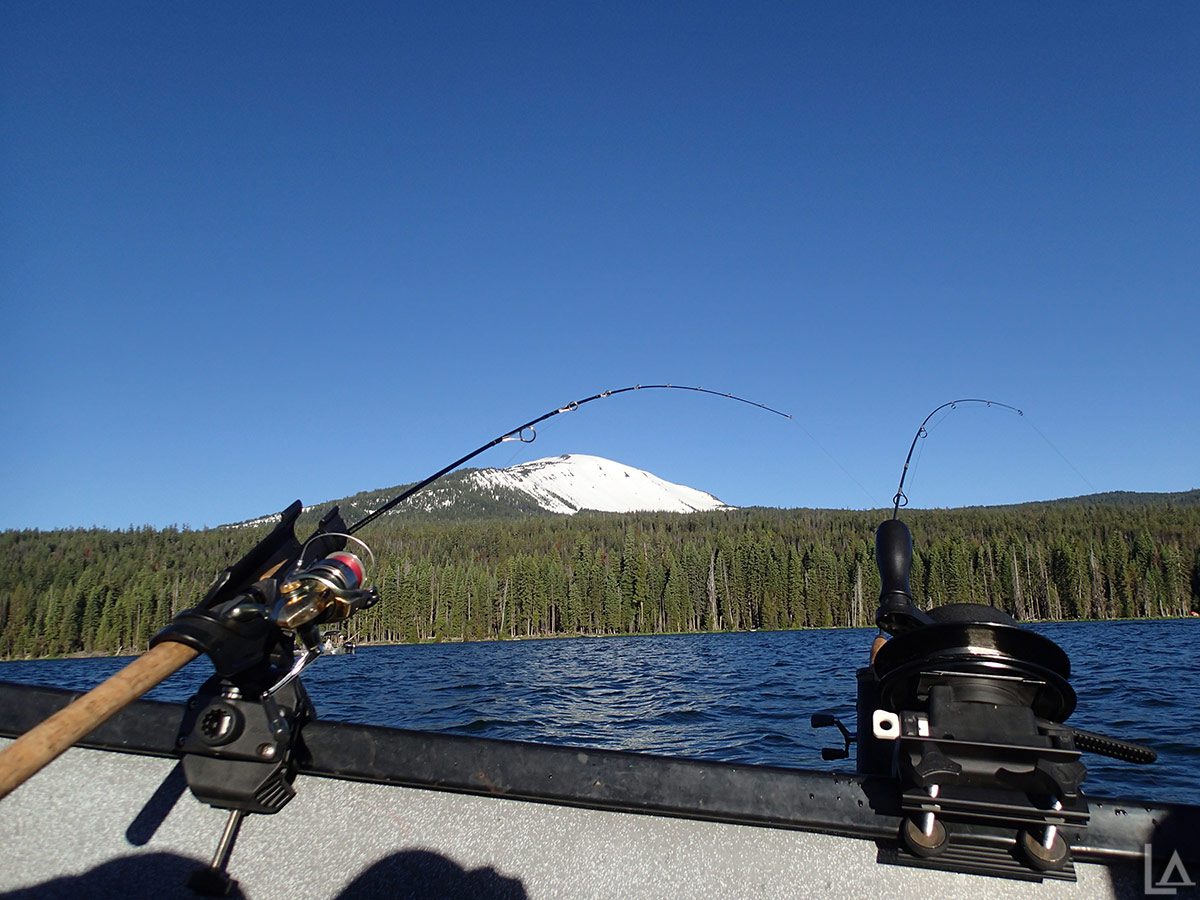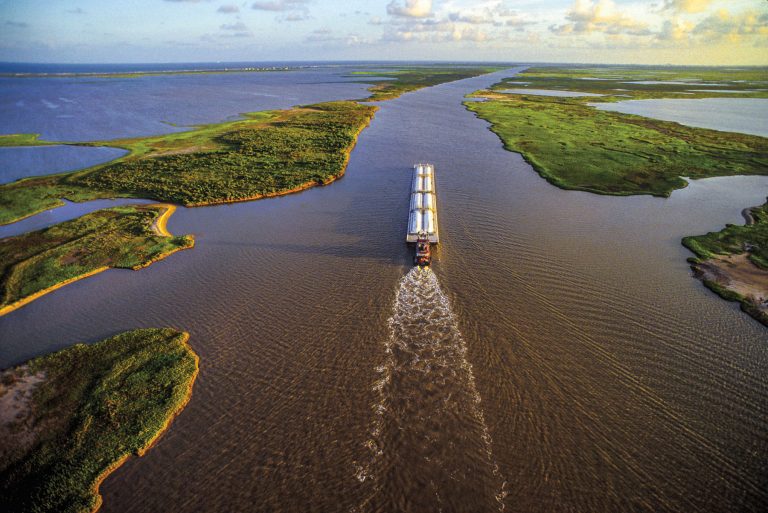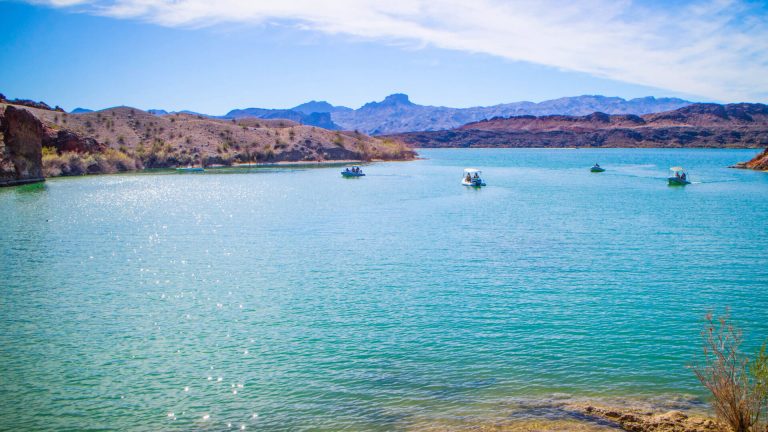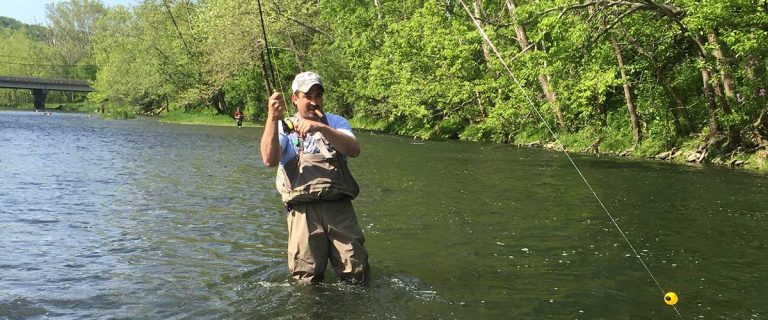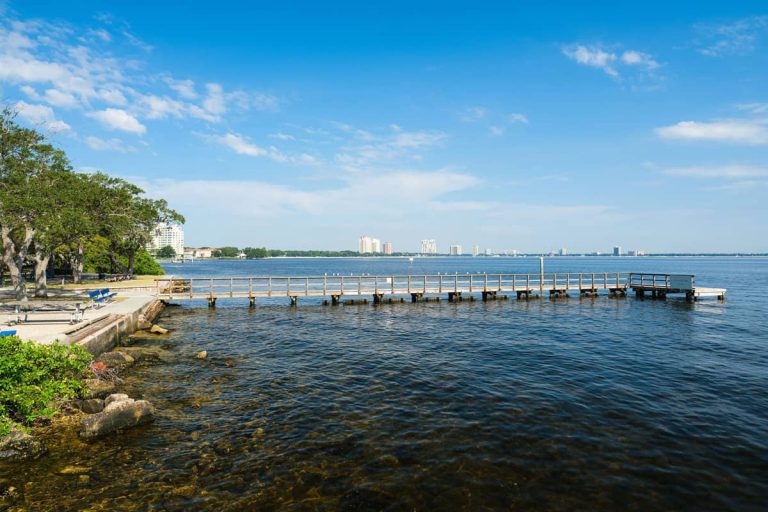Fishing in private waters—whether it’s a backyard pond, a lake on your property, or a friend’s farm pond—often raises questions about licensing requirements. The rules governing private water fishing vary significantly across states, creating confusion for anglers who assume private property automatically means license-free fishing. This comprehensive guide clarifies when fishing licenses are required on private waters and when exemptions apply, helping you stay compliant while enjoying your favorite pastime.
Understanding Private Waters: Definitions Matter
What constitutes “private water” is the first crucial distinction in determining license requirements. Most states define private waters as:
- Water bodies entirely contained within privately owned land
- Man-made ponds or lakes constructed primarily for fishing purposes
- Waters with no connection to public waterways or natural streams
However, these definitions come with important qualifications that vary by state.
Key Factors Affecting License Requirements
Whether you need a fishing license on private property depends on several critical factors:
- Water connectivity to public sources: Ponds connected to public streams typically require licenses
- Ownership structure: Single vs. multiple owners affects exemption eligibility
- Relationship to the landowner: Different rules apply to owners, family members, and guests
- Fish stocking history: Waters stocked by state agencies often require licenses regardless of location
- Size of the water body: Some states have size-based exemptions (e.g., under 20 acres)
Landowner and Tenant Exemptions
Most states provide license exemptions for property owners fishing on their own land, though the specifics vary significantly.
Who Typically Qualifies for Exemptions
- Property owners fishing on water bodies entirely within their own land
- Immediate family members of the property owner (definitions vary by state)
- Tenants leasing land for agricultural purposes (with written permission in some states)
In Kansas, for example, “Landowners, tenets and members of their immediate family living with them are exempt from fishing license requirements for waters on land they own or lease for agricultural purposes.”
When Owner Exemptions Don’t Apply
Even property owners may need licenses when:
- The water body has streams flowing into or out of it, even if intermittent
- The pond is owned by multiple parties (owners are then only exempt on their portion)
- The water was stocked by the state within the past decade
- The property participates in a public access program like Kansas’ F.I.S.H. program
Guest Fishing on Private Waters
Rules for guests fishing on private property vary widely by state, creating one of the most common areas of confusion.
In Virginia, “Guests fishing in individually owned private ponds” are exempt from licensing requirements.
In Idaho, a valid Private Pond Permit grants landowners the right to apply their own fishing regulations, and “State fishing licenses are not required to fish permitted private ponds.”
In Kansas, however, guests must have fishing licenses when fishing on streams or rivers on private land, even with landowner permission.
State-by-State Requirements
Private water fishing regulations vary significantly across states. Here’s how several states approach these requirements:
| State | Private Pond Exemption Conditions | Guests Exempt? | Special Provisions |
|---|---|---|---|
| Kansas | No stream connections, single owner, no state stocking | No | F.I.S.H. program participation requires licenses |
| Texas | Self-contained, not from damming public stream, no overflow from public water | Yes | No size/bag limits on qualifying private ponds |
| Florida | 20 acres or less, entirely within private property, no surface water connection | Yes | Larger ponds require Private Fish Pond License ($3/acre) |
| Idaho | Requires Private Pond Permit, must be screened | Yes (with permit) | Permit must be renewed every five years |
| Virginia | Individually owned private ponds | Yes | Additional trout license may be required |
For specific regulations in your state, visit your state’s wildlife agency website or check US Fishing Licenses for updated information.
Water Connectivity: The Critical Factor
The connection between private waters and public waterways is perhaps the most important determining factor in licensing requirements across states.
What Constitutes a Connection?
- Streams or rivers flowing into or out of the pond, even if only flowing seasonally
- Overflow channels that allow fish to move between private and public waters
- Flood-prone areas where public waters may temporarily connect with private ponds
Screening Requirements
Some states allow exemptions if measures are taken to prevent fish migration:
In Idaho, “The outlet and inlet (if applicable) to the pond must be screened” before a private pond permit can be issued. The screening ensures fish cannot escape into public waters or wild fish cannot enter the private pond.
Recent Trends in Fishing License Sales
Understanding broader fishing license trends provides context for enforcement priorities. According to recent data:
- Fishing license sales dropped approximately 6.3% in 2022 compared to 2021
- The first half of 2023 showed a modest 1.3% increase over the same period in 2022
- As of 2024, there were approximately 31.01 million paid fishing license holders in the United States
These numbers suggest fishing remains popular nationwide, with regulatory agencies maintaining interest in proper licensing compliance.
Common Misunderstandings About Private Water Fishing
Many anglers misinterpret private water fishing regulations based on common misconceptions:
Myth 1: All fishing on private property is license-free
Reality: Water connectivity, ownership structure, and stocking history all affect whether licenses are required, regardless of property ownership.
Myth 2: Guests invited by landowners never need licenses
Reality: Guest exemptions vary dramatically by state. While some states exempt guests on private ponds, others specifically require licenses for all non-owners.
Myth 3: Man-made ponds are always exempt
Reality: Even artificial ponds may require licenses if they’re connected to public waters or stocked by state agencies.
How to Determine If You Need a License
Follow these steps to determine whether you need a fishing license for a specific private water:
- Check state regulations through your state’s fish and wildlife agency website
- Verify water isolation from public streams or rivers
- Confirm ownership status and your relationship to the owner
- Determine stocking history if the pond has been stocked by state agencies
- Verify size requirements for states with acreage-based exemptions
For example, in Texas, you would check if the pond is “self contained, not a result of damming a public stream or subject to over-flow from public water.” If these conditions are met, no fishing license is required.
Penalties for Non-Compliance
Fishing without a required license can result in:
- Monetary fines that vary by state
- Potential court appearances
- Possible loss of fishing privileges
- Embarrassment and interruption of your fishing trip
Resources for State-Specific Information
For detailed information about private water fishing regulations in your state, consult these resources:
- Kansas Department of Wildlife and Parks
- Virginia Department of Wildlife Resources
- Texas Parks and Wildlife Department
- Florida Fish and Wildlife Conservation Commission
- Idaho Fish and Game
For a comprehensive overview of fishing license requirements across all states, visit US Fishing Licenses.
Special Considerations for Commercial Operations
Private fishing operations, such as pay-to-fish ponds or commercial fishing lakes, often have different regulatory requirements:
- May require special commercial permits beyond regular fishing licenses
- Could be subject to additional health and safety regulations
- Might need specific insurance coverage
Conclusion
Understanding when fishing licenses are required on private waters requires attention to several factors, including water connectivity, ownership structure, and state-specific regulations. While many states offer exemptions for landowners and their families, these exemptions rarely extend to all situations or all guests.
To ensure you’re fishing legally:
- Always verify requirements with your state’s wildlife agency before fishing
- Check whether water bodies connect to public waterways
- Confirm whether the pond has been stocked by state agencies
- Understand your relationship to the property owner and how that affects licensing requirements
When in doubt, purchasing a fishing license not only keeps you compliant with regulations but also contributes to conservation efforts that benefit all anglers. Visit US Fishing Licenses for more information about obtaining fishing licenses in your state.



